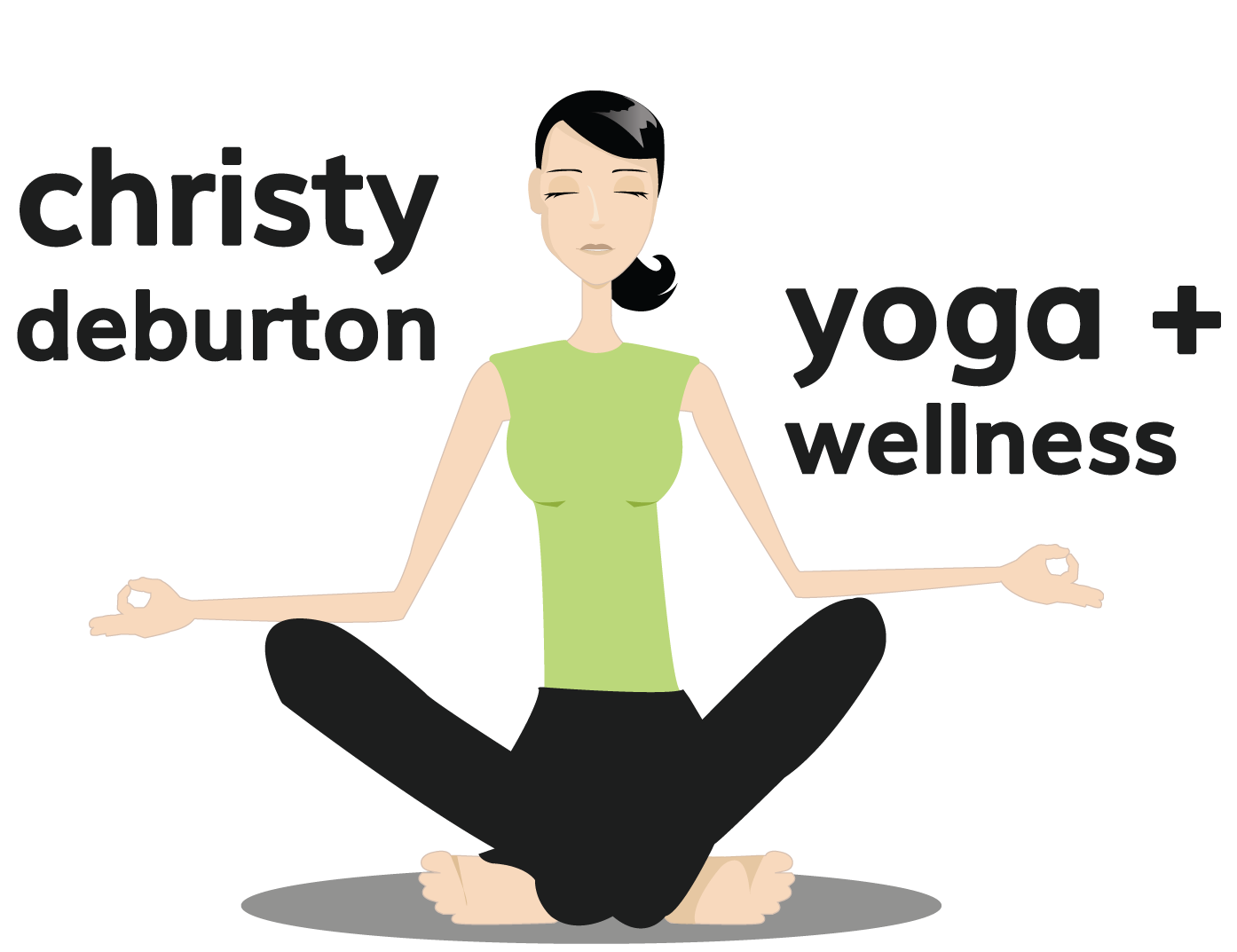A new student recently asked me about being an HSP, or Highly Sensitive Person, after reading some of the things I’ve written about the trait on my Wellness Blog. I thought it would be a good opportunity to share another blog post on this topic, explaining the acronym DOES, which stands for the four characteristics of the HSP trait:
D – Deep thinking
HSPs process the world very deeply and are very conscientious. We are self-reflective and introspective, which means we are in touch with our feelings and very self-aware. We have a tendency to be overthinkers, though, so we take a long time to make decisions (obsessing about ‘getting it right’) and spend a lot of time worrying about things that may or may not happen. We’re full of thoughts, but that’s not such a bad thing because it also means we’re very thoughtful.
O – Easily Overwhelmed or Overstimulated
Because HSPs have more sensitive nervous systems that take in so much more information than the other 80% of the population, we tend to get overwhelmed and overstimulated. Loud noises (leaf blowers, lawn services, barking dogs, traffic, loud music, fireworks, etc.), bright lights, large crowds, clutter, too much activity, too long of a to-do list–all these things have a tendency to overwhelm an untrained HSP and lead to chronic stress. While being able to take in lots of information can be a superpower, it can be draining if not balanced with lots of self-care and quiet relaxation time.
E – Feeling Emotions easily and being very Empathetic
HSPs have strong emotional reactions, both positive and negative. We have a tendency to cry easily when something moves us, and often overreact in situations where others would not. (It’s that sensitive nervous system again.) HSPs are also probably the most empathetic people you will ever meet. We are very good at tuning in to others’ feelings–both human and non-human–and anticipating what they need. Research has been done that shows that HSPs have more activation in our brain’s mirror neurons (that allow us to actually feel what other people are feeling) than the rest of the population.
S – Sensitivity to Subtleties
HSPs notice subtle stimuli in the environment that other people would not: nonverbal cues; things out of place; itchy clothing; ‘background’ noises like household appliances, people chewing or breathing, or a dog snoring; etc. While our awareness of subtleties is useful in a number of ways, we can tend to get worn out by our ability to take in so much more subtle information than others.
Through my own HSP journey, I’ve come to understand the absolute necessity of self-care and how it makes all the difference between surviving and thriving with this trait. I wish this was something I had learned long ago, and it is why I am so passionate about sharing this knowledge with other HSPs now. If you are an HSP (or know one) looking for support, I encourage you to:
- Peruse the blog posts I’ve written on the topic in the HSP Empowerment section of my Wellness Blog
- Give yourself the gift of my self-paced Self-Care MasterClass
- Take the Sensitivity Quiz and check out the Brain Training course for HSPs and the Online Community that I highly recommend on the Sensitive Empowerment website
- Book a private session with me where I will teach you specific yoga, meditation, breathwork and lifestyle techniques to regulate your nervous system, increase your resiliency and help you thrive as an HSP
- Join my local Ann Arbor-based HSP Sensitive Empowerment Group
- Share this post with others who may be or know an HSP, and subscribe to my newsletter for more HSP resources like this


 In Remembrance: Hanging Out with Thich Nhat Hanh
In Remembrance: Hanging Out with Thich Nhat Hanh